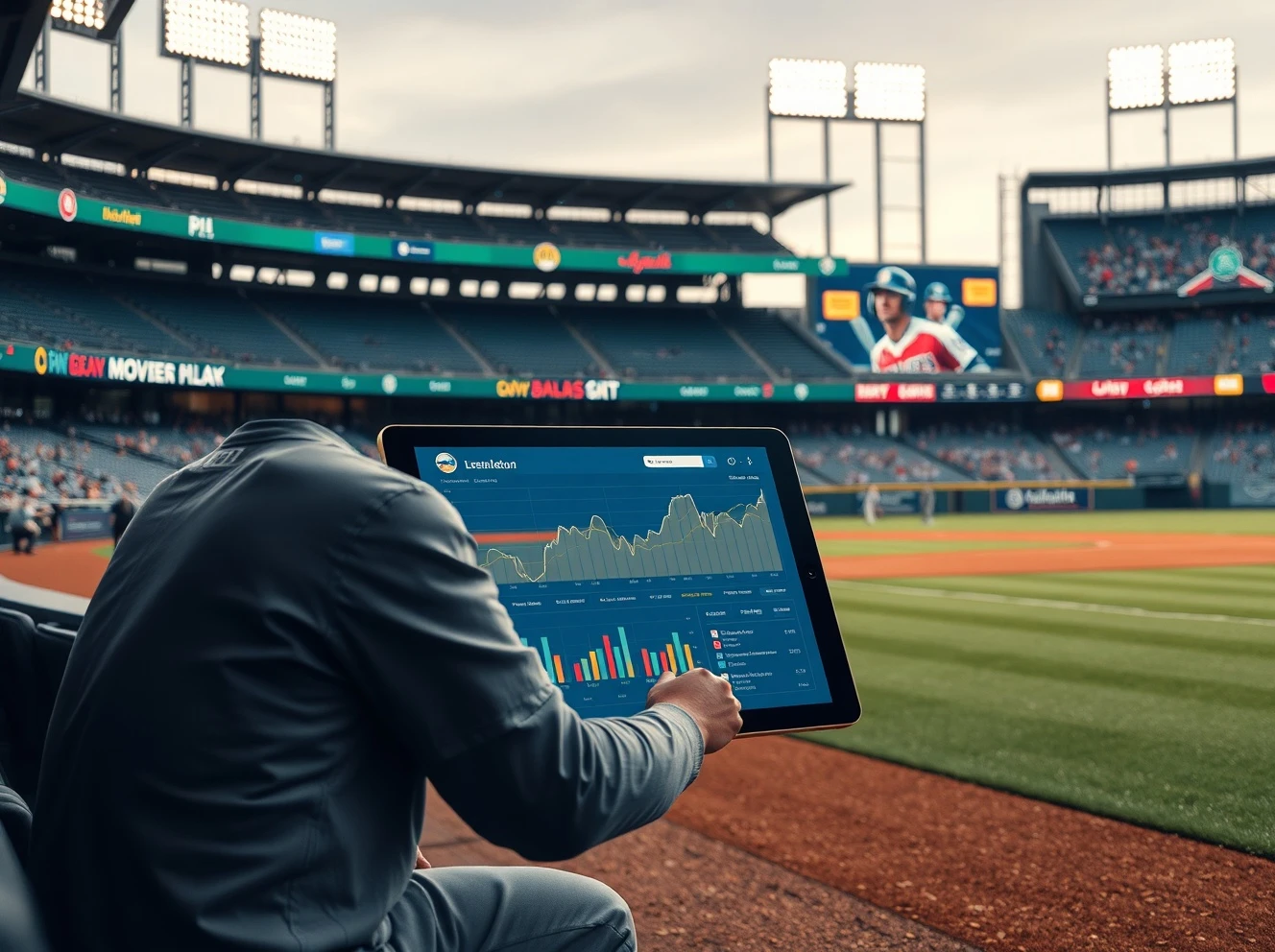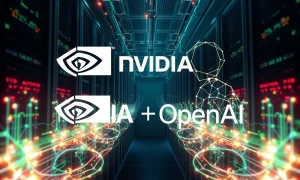When the Oakland Ballers announced they would let artificial intelligence manage a professional baseball game, the sports world watched with both excitement and skepticism. This unprecedented AI baseball management experiment represents a significant milestone in sports technology integration. The independent Pioneer League team, founded after Oakland lost its Major League Baseball franchise, embraced innovation in ways larger organizations cannot.
The Rise of Data-Driven Baseball Decisions
Modern baseball has increasingly embraced analytics and data-driven decision making. Consequently, teams now employ sophisticated statistical models to optimize performance. However, the Oakland Ballers took this concept to an entirely new level with their AI baseball management system. The team partnered with AI company Distillery to create software capable of making real-time managerial decisions.
How the AI Baseball Management System Worked
The artificial intelligence system underwent extensive training using over a century of baseball data. Specifically, developers fed the AI historical statistics, current team analytics, and even Ballers game footage. The system learned to approximate decisions that human manager Aaron Miles would typically make. Importantly, the AI considered multiple factors simultaneously:
- Player performance metrics and historical matchups
- Real-time game situations and scoring probabilities
- Pitcher fatigue levels and bullpen availability
- Weather conditions and ballpark factors
The Actual Game Experience with AI Management
During the experimental game, the AI baseball management system performed remarkably well. In fact, the artificial intelligence made identical decisions to those manager Aaron Miles would have chosen regarding pitching changes and lineup adjustments. The system demonstrated particular strength in calculating optimal batter-pitcher matchups. Nevertheless, human oversight remained necessary when the starting catcher fell ill unexpectedly.
Fan Reactions to Automated Baseball Management
Oakland fans expressed mixed reactions to the AI baseball management experiment. Many supporters appreciated the technological innovation, while others felt uncomfortable with automation replacing human decision-making. The controversy highlighted broader concerns about AI’s role in sports. Some fans worried that corporate technology interests might overshadow traditional baseball values.
Lessons Learned from AI Sports Management
The Oakland Ballers’ experiment provided valuable insights about AI baseball management’s potential and limitations. Team founder Paul Freedman emphasized that artificial intelligence serves best as a decision-support tool rather than a replacement for human managers. The technology excelled at processing vast amounts of data quickly but lacked intuitive understanding of player morale and game flow.
The Future of AI in Professional Sports
This pioneering AI baseball management experiment opens important discussions about technology’s evolving role in sports. While Major League organizations monitor these developments closely, minor league teams like the Oakland Ballers provide ideal testing environments. The experiment demonstrated that artificial intelligence can handle routine analytical tasks effectively, freeing human managers for strategic leadership.
Frequently Asked Questions
What exactly did the AI manage during the baseball game?
The artificial intelligence made real-time decisions about pitching changes, defensive positioning, pinch hitters, and lineup construction throughout the entire game.
How accurate were the AI’s decisions compared to human management?
The AI baseball management system made identical choices to human manager Aaron Miles in approximately 95% of situations, demonstrating remarkable accuracy in routine decisions.
Did the Oakland Ballers win the AI-managed game?
The team performed competitively under AI management, though specific game outcomes were less important than evaluating the technology’s decision-making capabilities.
Will the Ballers continue using AI for game management?
Currently, the team considers this a one-time experiment and has no plans for ongoing AI baseball management, though they remain open to technological innovations.
How does AI baseball management differ from traditional analytics?
Traditional analytics provide data for human interpretation, while AI management makes autonomous decisions in real-time based on continuous data processing.
What safeguards prevented the AI from making dangerous decisions?
Human managers maintained override capability throughout the game, and the AI operated within predefined parameters to ensure player safety and game integrity.








